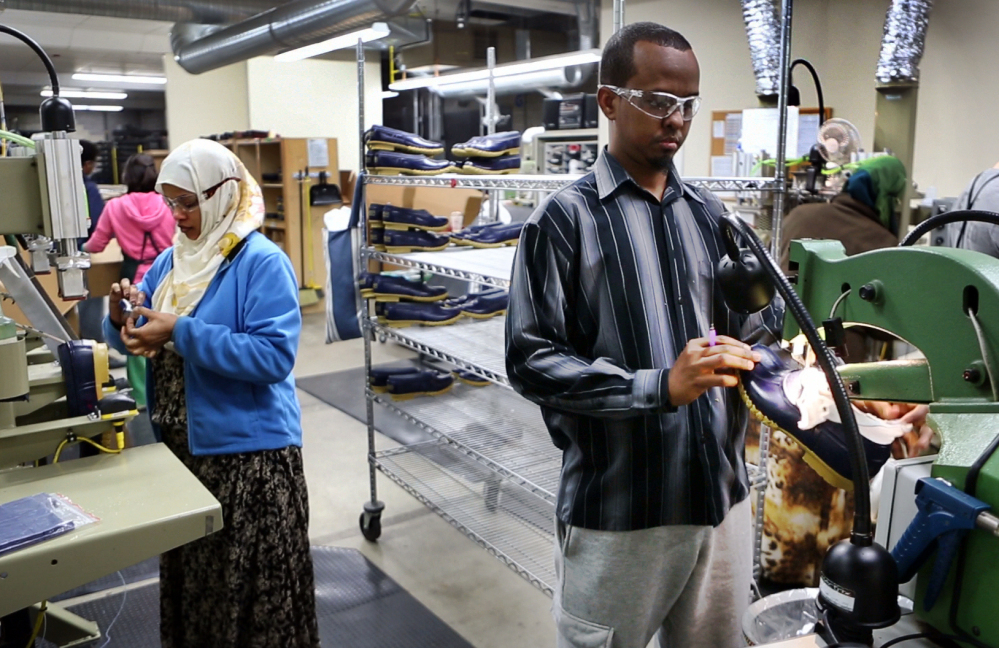EU Labour Force Survey: refugees are one of the most vulnerable groups of migrants on the labour market
Published:
The OECD and the European Commission have recently published a joint working paper “How are refugees faring on the labour market in Europe?” based on the results of the 2014 EU Labour Force Survey. As Europe has seen an unprecedented rise of asylum seekers, the question of the integration of refugees has gained greater importance. In 2014, the EU Labour Force Survey (LFS) included 11 additional variables on migrants and their families to analyse the characteristics and the labour market outcomes of refugees and asylum-seekers.
The Survey shows that the education level of refugees varies largely by country and the education gap between refugees and other non-EU migrants is wide in all surveyed countries. For example, even though, one out of five refugees aged 15-64 in the EU in 2014 had a tertiary level of education, it is still lower that 27% for other non-EU born migrants. Moreover, the level of education of arriving asylum seekers has been rapidly decreasing in the recent years. Another problem for refugees is the recognition of their formal qualifications as they often lack documentation of their degrees. The Survey found that refugees are much more likely to be overqualified for the job they occupy in the EU than other migrants, partially because their qualifications have not been recognised. Summarising the results of the Survey, the working paper states that refugees represent one of the most vulnerable groups of migrants on the labour market with employment rate only 56%.
Considering a large gap in terms of educational attainment between refugees and persons born in Europe, ETUCE calls on the EU institutions and national governments to provide quality education to all children, youngsters and adults regardless their legal migratory status. To this end, the governments have to prioritise public investment in education and training, efficient educational facilities, and education personnel, including their need for initial training and continuous professional development, as well as to develop a sustainable, long-term approach to ensuring inclusive, quality education.